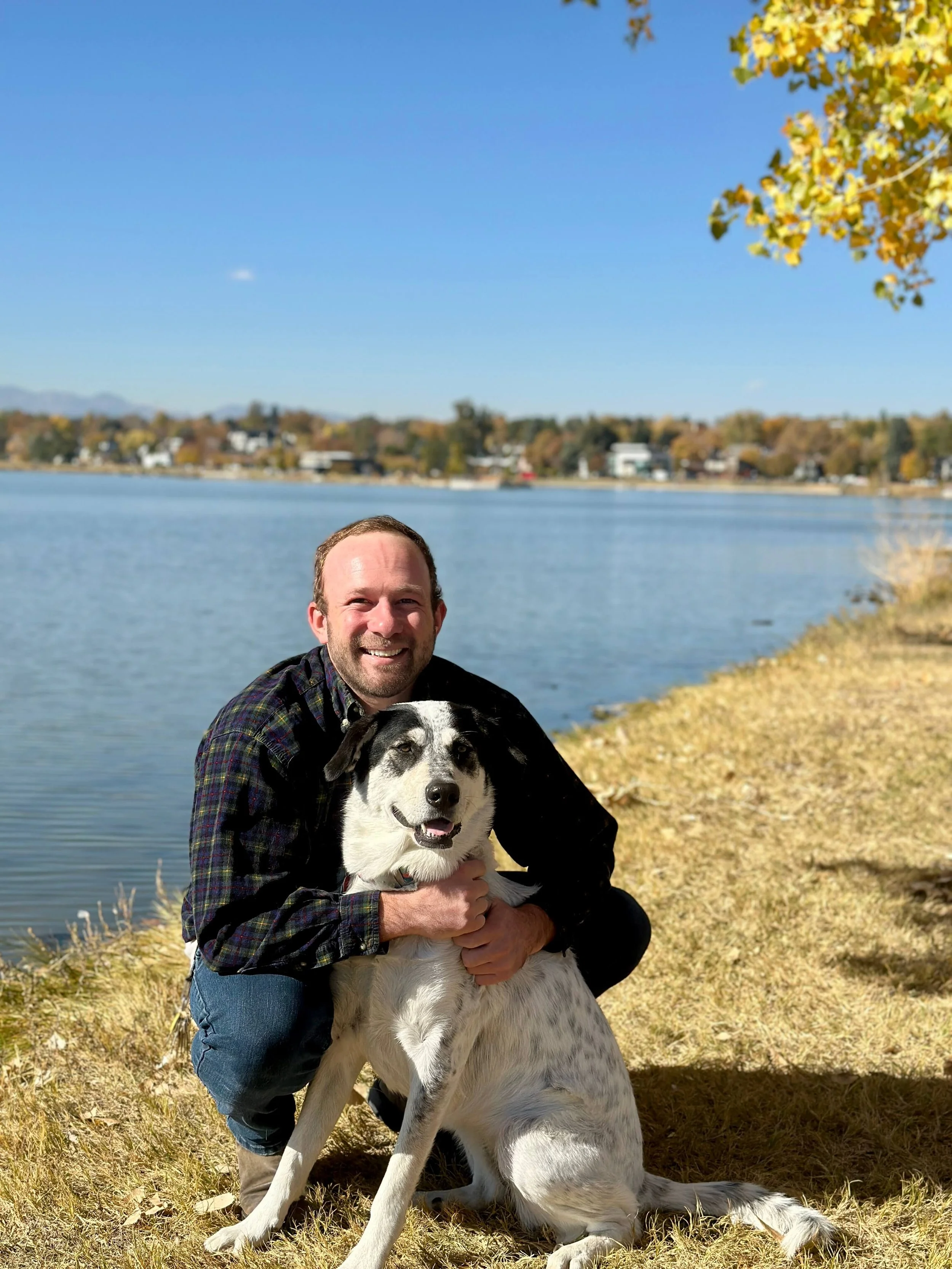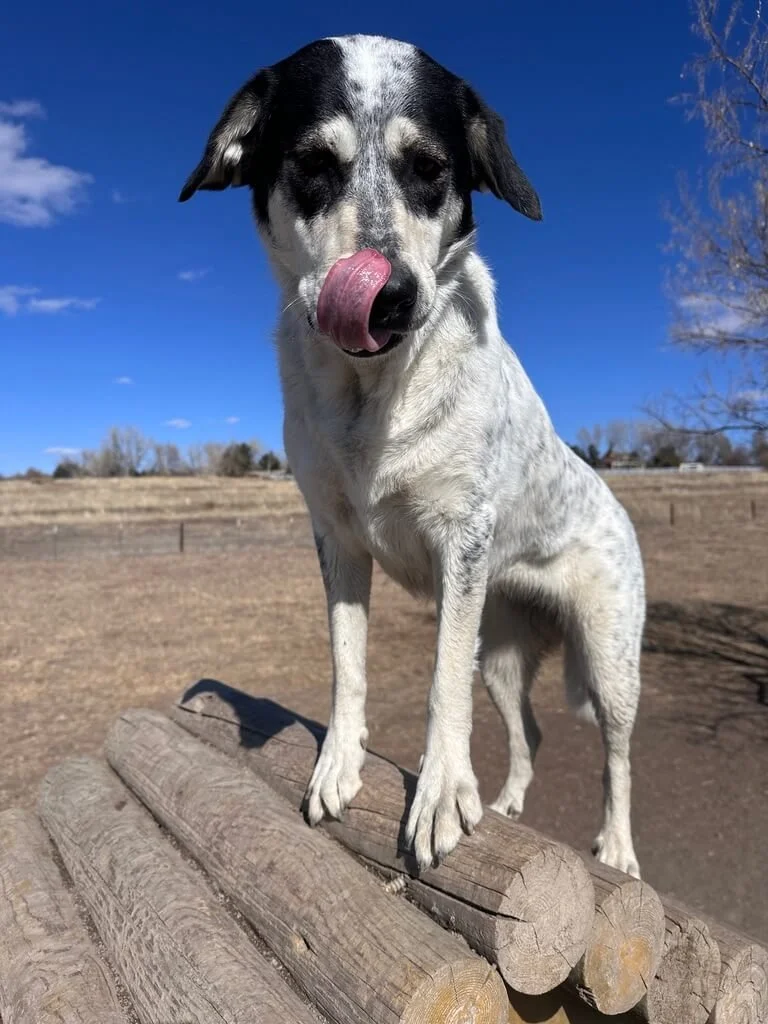
The Homeward Bound Journey
The way forward is often found in returning—returning home to ourselves, to our breath, to the people and places that remind us of who we were, who we are now, and who we are becoming.
-
Swimming in an alpine lake serves as a beautiful analogy for the therapy process. The water up high in the mountains is freezing cold, so instead of shocking our system by jumping in and making our skin feel like pins and needles forcing us out of the water quickly, it’s best to slowly walk-in. So slow, that we’ll let the swirling sediment kicked up from each step settle before taking another step. I’ll match each step you take whether that’s toward deeper waters or toward the grassy bank.
-
Healing is a life-long practice, one that is dynamic and fluid. It’s a process that happens through being in relationship. Time and time again, the therapeutic relationship has been proven to be a key and integral component of the healing journey. I firmly believe that there is no one-size fits all approach to therapy and that I won’t be a great fit for everyone. For this reason, please reach out for a phone consultation so you can decide if I would be a good fit for you.
-
Outside of therapy, when it’s time for me to play, you’ll likely find me enjoying city life—whether that means catching live music downtown or savoring a quiet stroll through one of our city parks. When I trade city life for open skies, I head out west to hike, fly fish, and camp—always being led by my trusty pup, Lulu. My creative side keeps me mindful and focused as I engage in woodworking, landscaping, and mechanical projects—during those projects I’m endlessly exploring podcasts. When I’m winding down I spend time reading and writing about all things related to the curious adventure we call the human experience. And of course, when my physical and mental energy is spent endless time watching movies and my favorite shows.
-
The individuals listed below, though I’ve never met them personally, have profoundly shaped my perspective, my way of being, and how I see the world. Through their groundbreaking research, transformative insights, and heart-opening wisdom, they’ve collectively enriched my personal and professional journey. With gratitude, I’d like to share some of their work, which continues to motivate and guide me today. Discover more of their work for FREE here.
Gabor Maté integrates neuroscience, trauma research, and addiction studies, emphasizing how early childhood experiences shape mental and physical health, particularly in his work on the mind-body connection and compassionate inquiry.
Eckhart Tolle explores the transformative power of presence and mindfulness, emphasizing the dissolution of egoic thought patterns to achieve inner peace, as outlined in The Power of Now and A New Earth.
Tara Brach, a clinical psychologist and meditation teacher, bridges Western psychology and Buddhist mindfulness, emphasizing radical acceptance, self-compassion, and meditation as pathways to healing and emotional freedom.
Dr. V.S. Ramachandran, a neuroscientist, has pioneered research on phantom limb pain, mirror neurons, and neurological anomalies, demonstrating how brain plasticity and sensory feedback influence perception and consciousness.
Robert Sapolsky, a neuroscientist and primatologist (famous for his studies on Bonobos), examines the biological underpinnings of stress, behavior, and free will, blending evolutionary biology with neuroscience to explore how chronic stress impacts both psychological and physical health.
Why Zebras Don't Get Ulcers by Robert Sapolsky (Book Summary)
James Gilligan, a psychiatrist and violence researcher, investigates the role of shame and social determinants in violent behavior, arguing that untreated emotional wounds and shame—rather than inherent evil—drive cycles of violence and crime. I first read his book “Violence—Reflections on a National Epidemic”.
Dr. James Gilligan "No One is Hopeless"
Let’s Chat!
We’ll start with a brief, 20-minute consultation to get to know each other. This will be an informal conversation where you can ask me questions about what a typical therapy session is like, share a little about yourself, say what you’re hoping for from a therapist, or any other questions that comes up for you as we talk.


